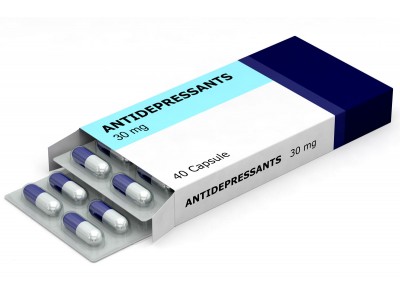Nardil (phenelzine) is a monoamine oxidase inhibitor (MAOI) used primarily to treat depression and anxiety disorders, but it has also been used off-label for obsessive-compulsive disorder (OCD). The effectiveness of Nardil in treating OCD varies among individuals, and dosing can be complex.
For severe OCD, higher doses of Nardil may be required to achieve therapeutic benefits, as OCD often requires more aggressive treatment strategies compared to other anxiety disorders. The typical starting dose of Nardil is around 15 mg three times a day, with gradual increases to achieve an effective dose, which may range from 60 to 90 mg per day or higher, depending on the patient's response and tolerance.
It is important to note that Nardil, like other MAOIs, has a significant side effect profile and dietary restrictions due to the risk of hypertensive crises when taken with certain foods and medications. The risk of side effects and drug interactions necessitates close monitoring by a healthcare professional. Therefore, any adjustments in dosage, especially to higher levels, should be made cautiously and under the supervision of a psychiatrist experienced in using MAOIs.
Patients with severe OCD who do not respond to standard treatments, including selective serotonin reuptake inhibitors (SSRIs) or cognitive-behavioral therapy (CBT), might be considered for treatment with MAOIs like Nardil. However, due to the complexity of managing the side effects and dietary restrictions associated with MAOIs, this approach is typically reserved for treatment-resistant cases. Always consult a healthcare professional before making any changes to medication or treatment plans.
